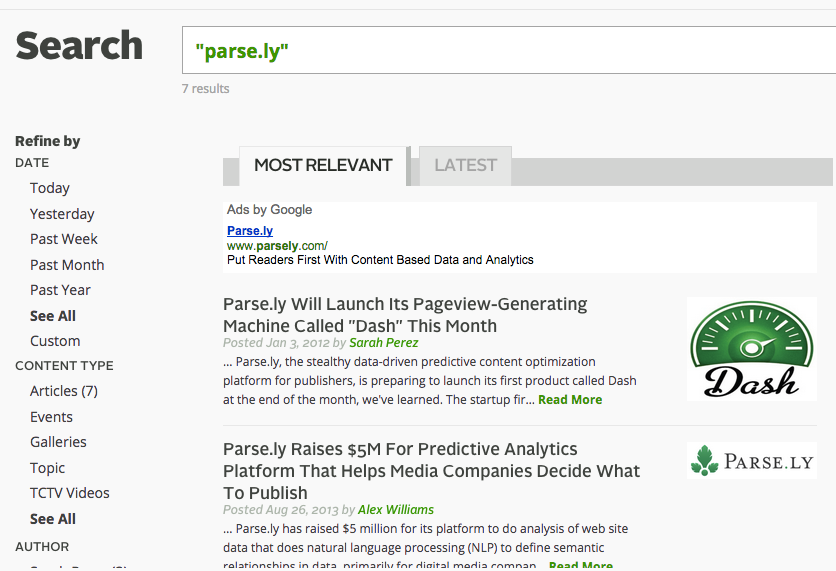Why Editors Should Care About User Experience
So much of our time, energy, and effort goes towards getting people interested in our stories, articles and content, but a lot of sites still come up short once people get there. Why? One reason is that many companies still haven’t fully considered their user experience.
Plenty of people have been beating the user experience drum for years, and more recently the importance of site load time has been raised with the increase in mobile reading. However, the concept has stayed out of the hands of editors and writers only to be siloed in designers’ or product developers’ hands.
Audience Analytics as Part of User Experience
Now that everyone has a role to play in site goals and understanding their audiences through analytics, though, the user experience should be a more pressing topic for those creating, editing, and distributing the stories. When numbers aren’t showing what you would expect, we focus a lot of the conversation on the subject matter itself.
But what if the subject matter has nothing to do with it? Remembering to put analytics into context includes remembering that there is more to an article than the words on the page — everything around it counts too.
One area not to overlook? On-site search.
Are people not spending as much time on your article as you expected? Maybe it’s been showing up in irrelevant searches, and it’s not what the user was looking for. Did the audience die off, even though you know it’s a topic they care about? Could it be possible readers can’t find the post on your site when they search for the topic?
Understanding On-Site Search
Of course, you can’t answer these questions unless you know more about your users’ on-site search experience. We consider search an important part of our own dashboard, and we want you to be able to say the same. That’s why we’re teaming up with Swiftype next week to bring you a webinar about helping users find what they’re looking for — whether it’s before they get to your site, or once they’re already on it.
I’ll be speaking on Parse.ly’s behalf, and Ben Lack will be representing Swiftype. I asked Ben if he could give Parse.ly users a little bit more information about what makes search so challenging, why editors’ should care and if he would care to share his search history!
Clare (Q): What is the problem facing digital media sites trying to make search better for users, and why should editorial care about this?
Ben (A): The biggest problem we hear from clients is that they want more control over their users’ search experience. Having that control allows them to create a better, more personalized interaction for each user. And editors should want a curated, personalized experience for each of their users, it creates more loyal and engaged readers.
Q: Who is doing a really good job at providing readers with a good search experience?
A: TechCrunch and Engadget are two fantastic examples. They’ve both done a great job of building out a search experience that satisfies the expectations of their users.
Q: If you had one tip for publishers about search, what would it be?
A: Set goals around site search analytics. Outcomes will be insights that can help determine what content you should curate for new and existing audiences, give you a head start into your SEO strategy, and show you key metrics to watch to keep your users engaged.
Q: As someone who works at Swiftype, how often do you get frustrated with site searches on websites now?
A: The easy answer would be very frustrated. However, I didn’t realize how difficult it was to curate a successful site search experience on your own until I started working at Swiftype. Seeing how easy it’s been for companies to use a tool like ours to improve their site search has been cool to watch.
Q: What do you search for most often?
A: I’m a big fantasy sports guy and am searching for players’ historical statistics all the time.
Q: Whose search history would you most like to see?
A: Jimmy Fallon. Would love to know where he gets all his funny material.
After this interview, I checked out TechCrunch’s search experience, and sure enough, I was easily able to find anything I wanted to search for.

I was able to sort by relevance, recency, and to add filters by author, date, and content type. Most CMS’s aren’t even able to do that.
Curious about how search affects your users? Make sure to sign up and join us for the webinar!